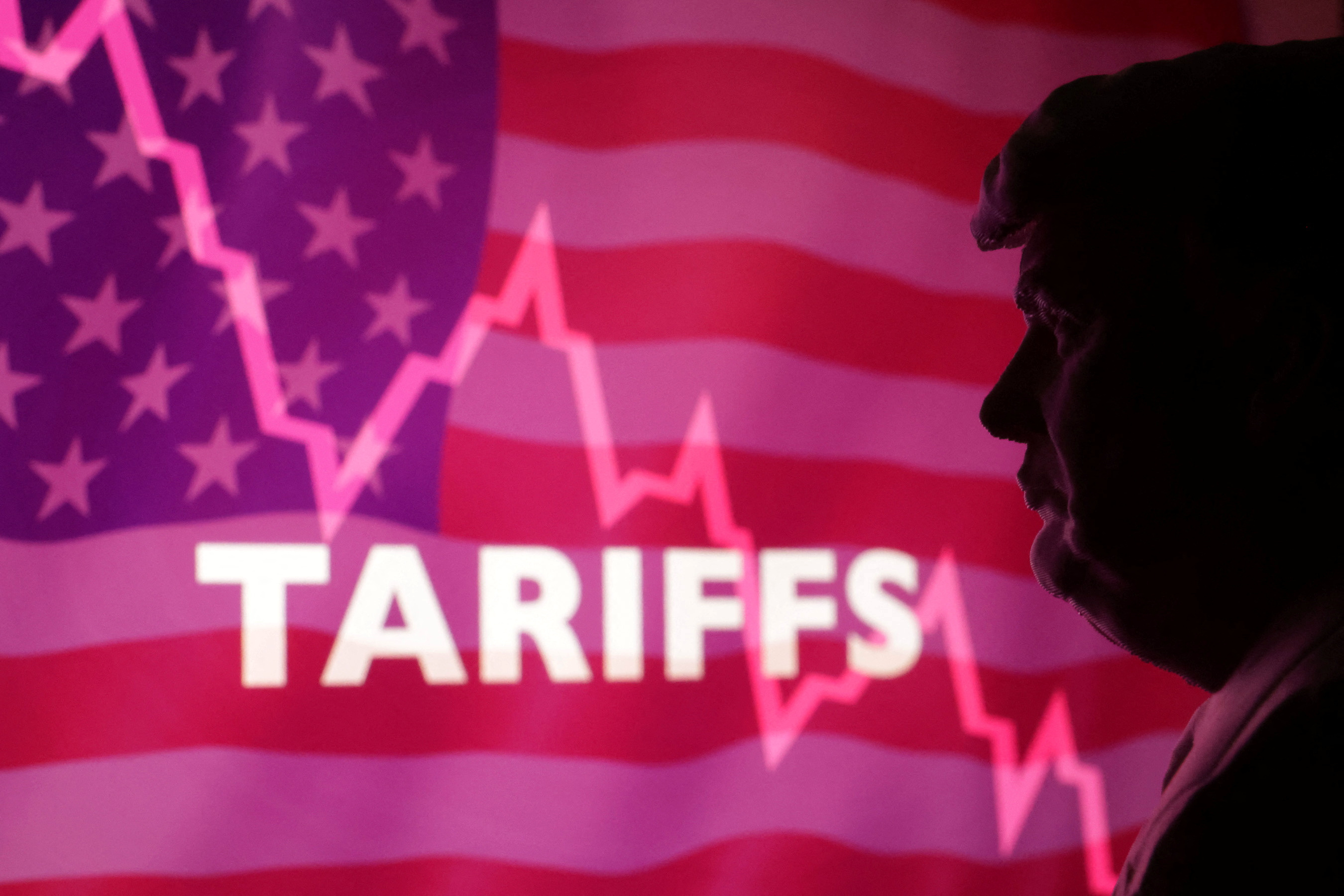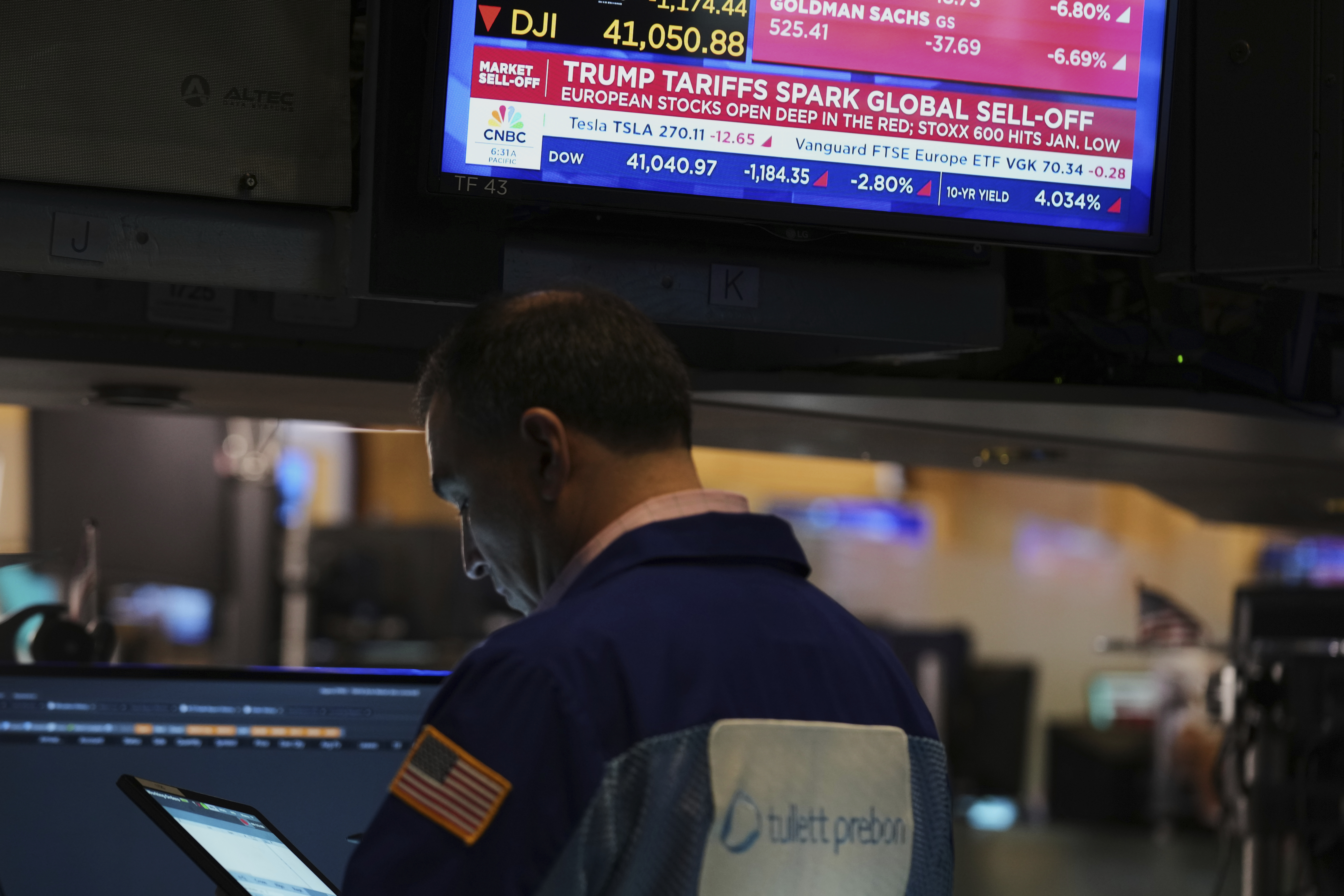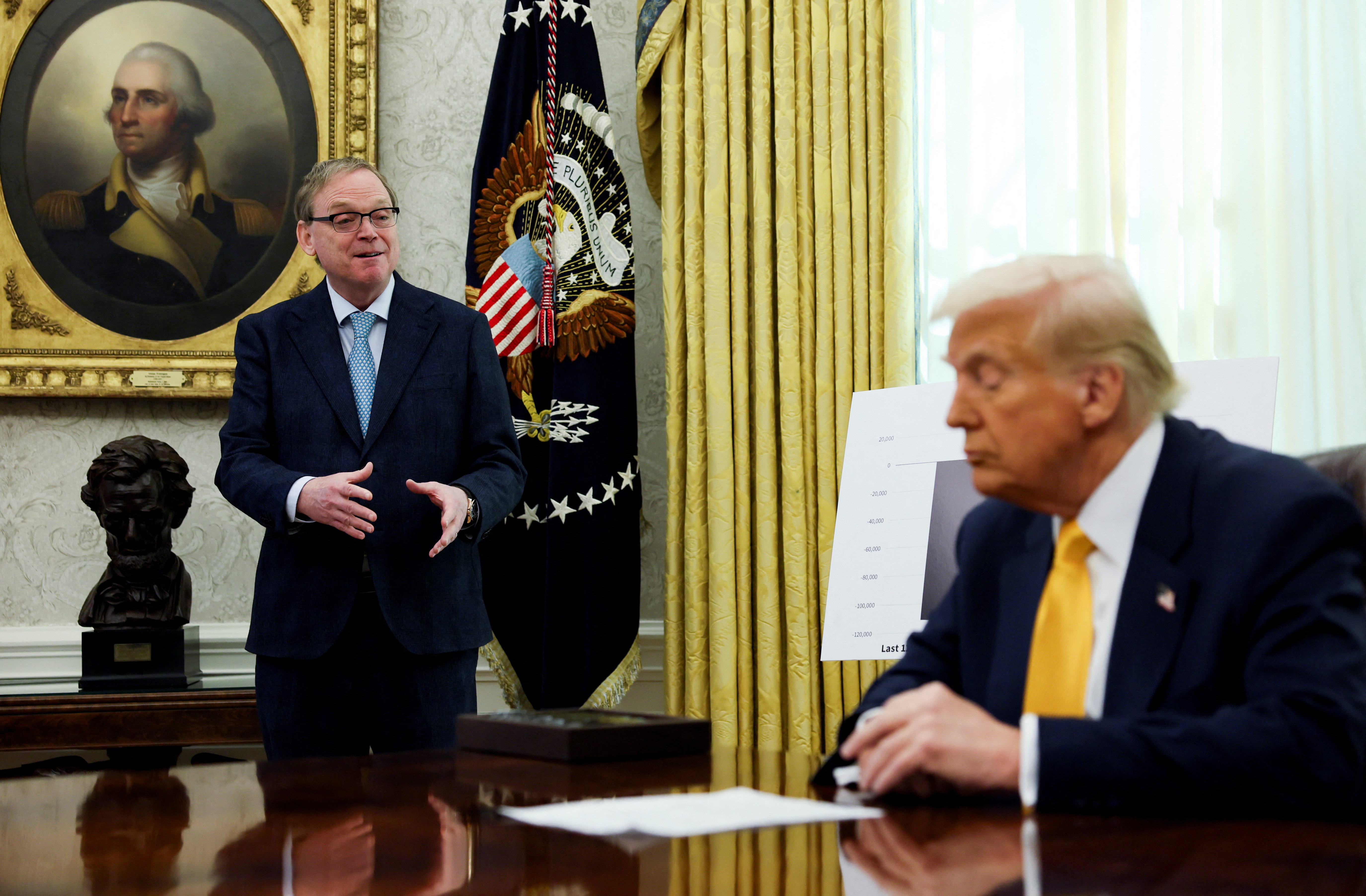President Donald Trump has unveiled his latest tariffs, and they could have significant implications for the wallet of Americans.
Trump's sweeping new tariffs, on top of previous levies and retaliation worldwide, are expected to increase prices for everyday items. The trade wars have already roiled financial markets and plunged businesses into uncertainty — all while economists warn of potentially weakened economic growth and heightened inequality.
Which impacts will be felt by consumers and workers first? And what can households do in the face of so much uncertainty? Here is what you need to know:
What are tariffs and how will they affect you?
Tariffs are taxes on goods imported from other countries. Companies buying foreign products pay the tariffs imposed on them — and, as a result, face higher costs that are typically passed on to customers.
Trump has argued tariffs will protect US industries from unfair foreign competition and raise money for the federal government. But since so much of what we buy today relies on a global supply chain, steeper tariffs mean you'll likely see more expensive prices from the grocery aisle to your next car repair.
"It is going to affect everything in the economy," said Josh Stillwagon, an associate professor of economics and chair of the Economics Division at Babson College. "There's this immediate price increase that's going to be passed on to consumers here, basically as soon as the retailers have to buy new product."

Will the tariffs affect everyone equally?
No. Experts warn that these tariffs could escalate inequities. Low-income families in particular will feel the costs of key necessities, like food and energy, rise with fewer savings to draw on — significantly straining budgets.
Low-income households often "spend a larger share of their income on essential goods — whether it’s food or other basic products ... (like) soap or toothpaste," said Gustavo Flores-Macias, a professor of government and public policy at Cornell University whose research focuses on economic development. Because of this, he said, "even relatively small price increases" will have disproportionate impacts.
Dipanjan Chatterjee, vice president and principal analyst at Forrester, points to now-imposed auto tariffs, explaining that projected price hikes of thousands of dollars for a new imported car will be easier for those with larger salaries to absorb.
"That tax is more severe for people who earn less money," said Chatterjee. "So it's a regressive tax."
What about jobs?
Beyond more immediate price pressures, experts also warn that tariffs could contribute to unemployment or lower incomes down the road.
"It’s not just the price aspect and purchasing power decreasing," said Flores-Macias. "As tariffs start to work their way through the economy .... low-income families' jobs often will be the first to go. And those sectors of the population are most vulnerable."
Economist Susan Helper, former senior adviser for industrial strategy at the White House Office of Management and Budget, said that there are some cases where tariffs could raise wages, but this doesn't look likely to be one of them.
"There isn't enough certainty for businesses to invest and create new and better jobs," she said. "It takes a few years at minimum to profit off a new facility or factory, and I don't think people have the confidence that the tariffs will be stable enough that they will have a return on that investment."

Which consumer goods will be affected?
The tariffs announced by Trump, on top of other levies that are already in effect, tax imports from nearly all of America's trading partners. And US shoppers currently rely on a lot of goods made abroad.
Fruits and vegetables, your next phone purchase, a pharmacy order, new clothes, or a trip to a mechanic who uses auto parts made outside of the US could all be impacted. The timing of when prices will go up comes down to inventory, Stillwagon said.
Prices on perishable groceries will likely increase first, because supermarket inventories need to be replenished more frequently. But a range of other items — like electronics, household appliances, clothing and footwear — could also be affected in the coming weeks and months.
"Annual losses for households at the bottom of the income distribution are estimated to be $980 under the April 2 policy alone," according to John Breyault, vice president of public policy, telecom and fraud at the National Consumers League, who cited an analysis from the Budget Lab at Yale.
He said that tariffs will disproportionately affect clothing and textiles, with apparel prices predicted to rise 17 percent.
Consumers are also likely to feel the pinch of tariffs in home buying, Breyault said.
The new taxes on building materials are estimated to increase the average costs of a new home by $9,200, according to an analysis by the National Association of Home Builders.
Stillwagon said there are some products, like bananas and coffee, that the US simply can't substitute to the same scale of production other countries provide. And even for goods that can be made in the US, there will still likely be inflation.
For products like coffee, Helper predicts people will likely absorb costs, while changing their shopping choices when it comes to other products.

Can I do anything to prepare?
Stocking up on what you know you need is a start — but with limits.
"If there are things that you're buying on a consistent basis — week to week, month to month — I think it's not a bad idea to try to stock up in advance," Stillwagon said.
From electronics to clothing, Flores-Macias says that there could be more affordable secondhand or refurbished options to turn to. And Chatterjee noted consumers may want to start comparing prices of name-brands versus "private," or generic, labels in major retailers.
Others may turn to at-home solutions, he said, such as growing their own vegetables.
Is there anything to watch out for in the coming months?
Consumers should be on the lookout for even greater use of so-called "shrinkflation" on the grocery aisle, according to Breyault. Shrinkflation is a tactic consumer goods manufacturers use to hide cost increases by changing the design of packaging.
"Consumers can prepare for the inflation that the tariffs are likely to exacerbate by getting into the habit of checking the unit price of items on the grocery shelf," said Breyault.
"While not all states require it, where it is required, consumers can more easily compare the per unit price of one item — cereal, for example — to another item."



















